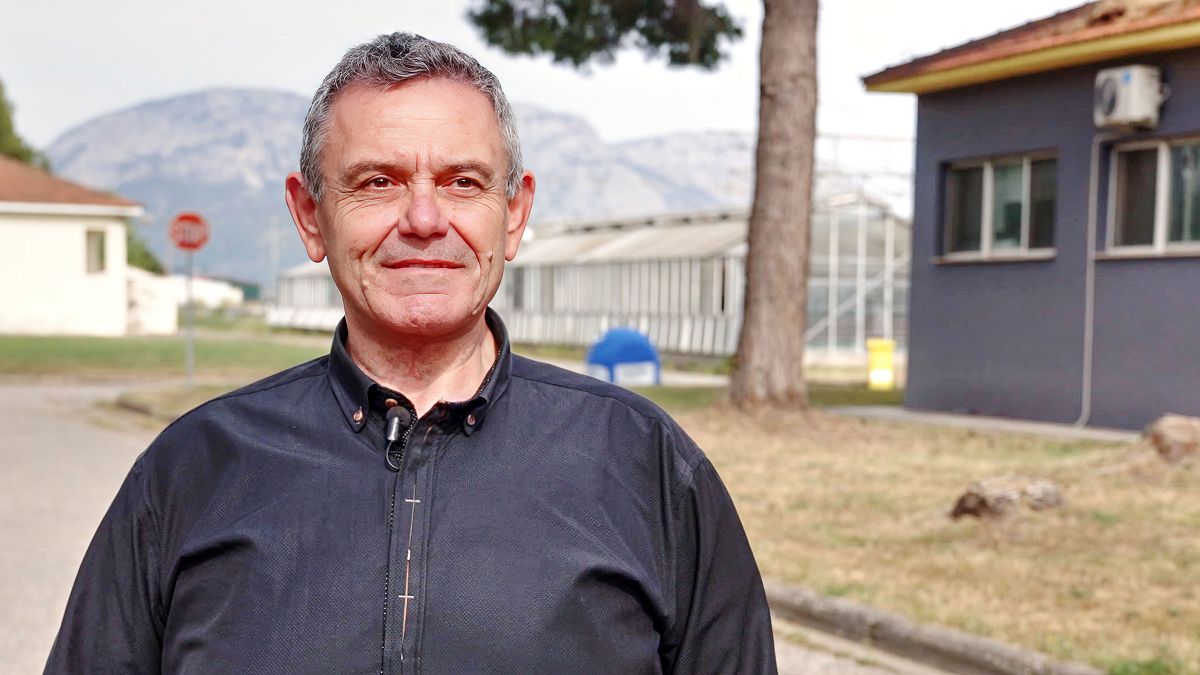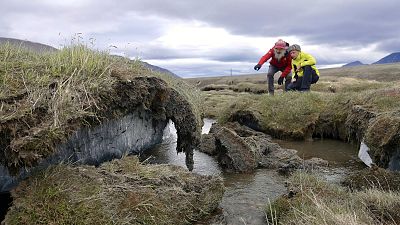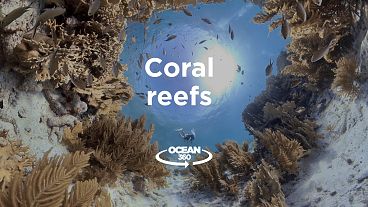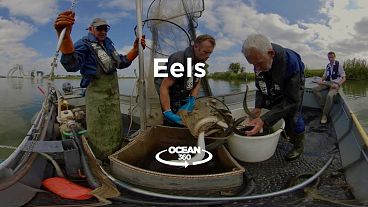Hundreds of non-indigenous species have invaded the Mediterranean Sea over the past few decades. Ocean speaks to Professor Costas Batargias from the University of Patras about the reasons behind this rising number of non-native species.
More than 900 non-indigenous species have entered the Mediterranean Sea in recent years due to climate change and other environmental pressures.
That presents a challenge but also an opportunity. While newcomers, like the Blue Crab or Lionfish - can seriously damage biodiversity, harming native species, their arrival also offers new commercial fishing opportunities.
Professor Costas Batargias from the Fisheries & Aquaculture department at the University of Patras in Greece says it is vital we pay close attention to this these non-native species.
"The invasive species are coming from outside of the Mediterranean - either through the Gibraltar Canal [Strait] or from the Suez canal. And these are species that move because of climate change. Some of the species become more adaptive and they expand - so we need to either control them or somehow use them. Also, they interact with native species and that's not a good thing: most of the time they disturb the native biodiversity and when something is disturbed, when an ecosystem is disturbed, it gets unbalanced, and we don't know in which direction it might go. It might go in a good direction, better for the ecosystem, or, most of the time, it goes in the wrong direction - so the ecosystem cannot sustain these kinds of changes.
"Nature always knows how to react and work on that, but we must pay attention to these species because we don't really know how they will interact with the native species."
Click on the video player to watch the full interview_



